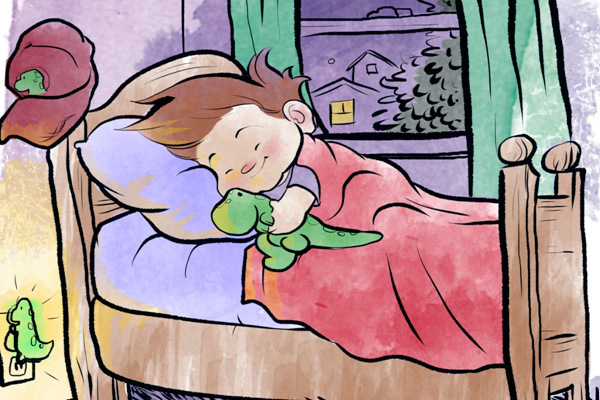SLEEP EDUCATION
One of the first steps in improving children’s sleep is to understand typical sleep.

- There are developmental changes in sleep patterns over our life span.
- There is a gradual reduction in the amount of daily sleep from babies to older adults but considerable variation between individuals.
- The sleep-wake pattern is a circadian rhythm that needs to be reset every 24 hours and linked to a neuro-hormone melatonin.
- Sleep cycles through the night through the sleep stages of light and deep sleep (Non Rapid Eye Movement) and dreamsleep (Rapid Eye Movement).
- Lack of adequate sleep impacts on our emotional wellbeing, learning, behaviour, sensory processing and physical co-ordination.
- There are many factors related to the child, family and environment that can impact on sleep.
Providing Sleep Education to parents and carers may help to unravel a child’s sleep pattern and the factors influencing sleep.
